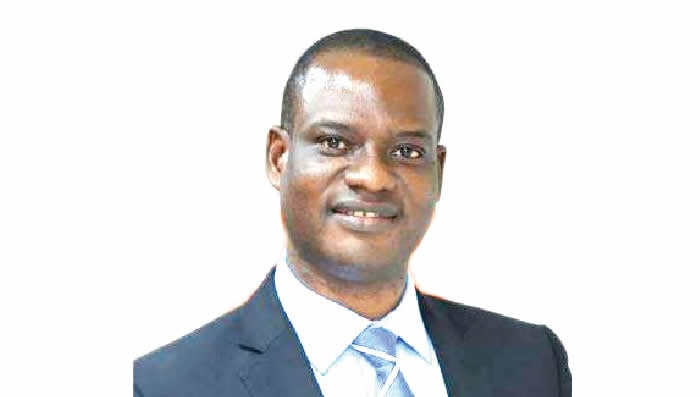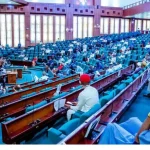The Chairman of the Presidential Committee on Fiscal Policy and Tax Reforms, Taiwo Oyedele, has urged Nigerian entrepreneurs to formalise their businesses to benefit from the Federal Government’s new people-centred tax policies, which exempt small companies and minimum-wage earners from paying taxes.
Oyedele made this call at the 24th Annual Conference of the Women in Management, Business and Public Service during a panel discussion themed ‘The New Tax Law and You’.
REALITYGIST Online reports that President Bola Tinubu signed into law four tax reform acts in June, and two of the acts have gone into effect, with two more expected to go into effect by January 1, 2026.
Oyedele said the government’s tax reforms are designed to “reward compliance” and ensure that businesses have the opportunity to grow before being taxed.
He said, “We started the tax and fiscal reform with how people do business, how those businesses grow, and how finance is placed,” he explained. “You can’t knock on the door and say, ‘Tax me.’ Let’s have a conversation on how to create a business that can pay corporate tax. So, the reforms are people-centric.
“If you run a small company where your annual turnover, that’s income that you get, is N100m or less, your corporate tax rate will be zero per cent. What is even more interesting is that the Corporate Affairs Commission has announced that they will register 250,000 small companies free of charge.”
Oyedele added that the reforms also target fairness in value-added tax administration, noting that certain critical sectors would be fully exempted from VAT beginning next year.
“From next year, January 1, this bottle of water will be zero-rated for value-added tax. Because this water is exempt, when we are selling it, as the producer of the water, you shouldn’t charge VAT. But the person producing this water must have incurred VAT on the plastic, the label, the service to print it, the car to go and deliver the water to customers.
“They have loads of VAT. From next year, this water will be zero-rated. The same explanation applies to food, to education, to pharmaceutical and medical services,” he added.
He explained that the government analysed how Nigerians spend their income and decided to lift taxes on essential sectors.
“Data shows that almost 80 per cent of the bottom of Nigerian households spend their entire income on five items — food, education, health, rent, and transportation. I’m saying for these five things, why don’t we remove the taxes on them?” he asked.
Oyedele added that to protect taxpayers and reduce harassment by revenue officials, the government had established a new Office of the Tax Ombudsman.
“What we have done now is to say it is not right to leave the majority of your people out there to be vulnerable. This is the reason why the new tax law set up the Office of the Tax Ombudsman. If anybody shows up and they want to harass you, they want to collect tax, they want to seal up your premises — in your anger, you can call the Tax Ombudsman.
“You don’t need to be happy with them; they have a duty and a legal obligation to come to your aid, protect your rights, and they’ve been given so much power to make sure your right is protected,” he highlighted.



